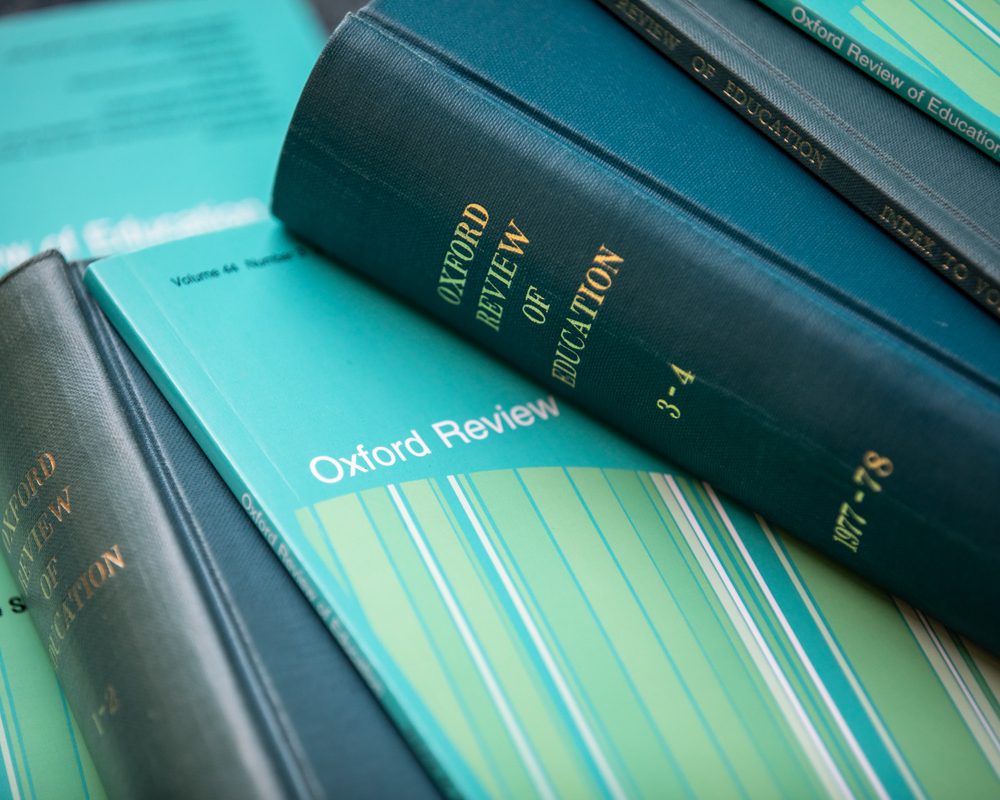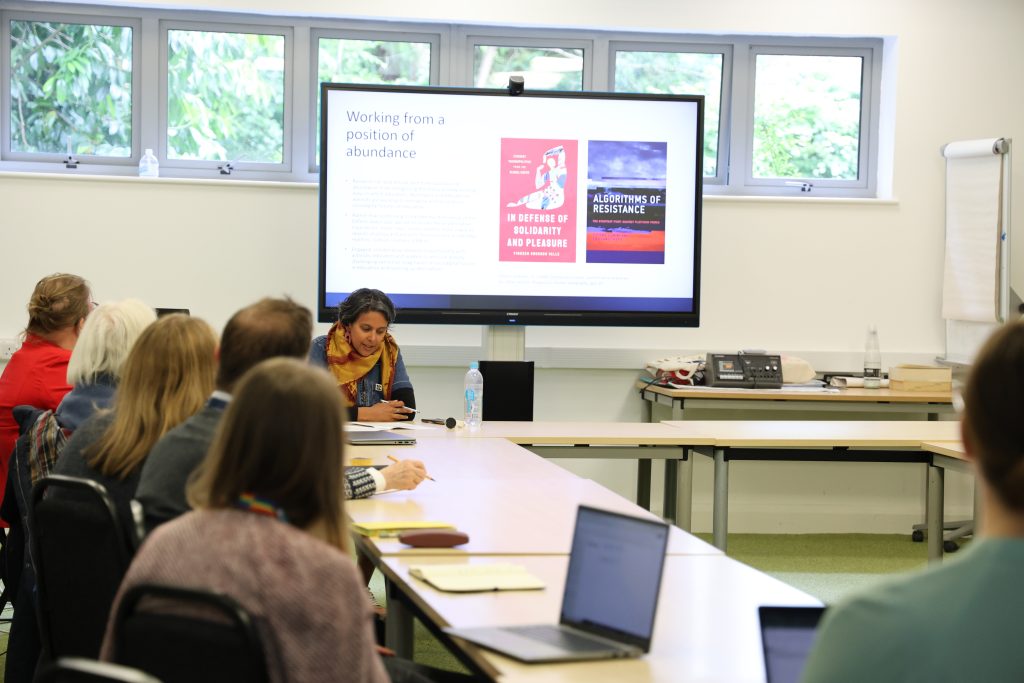We celebrated with a seminar on 10th June 2024 at the Department of Education. Arathi Sriprakash, Professor of Sociology and Education, gave a thought-provoking talk: ‘Sociodigital futures of education: reparations, sovereignty, care, and democratisation’. Her co-authored paper is available on the journal’s website. The abstract is below.
As EdTech industries grow in reach and power it is imperative to motivate conditions for ethical challenge and contestation. In this talk I explore how the lenses of reparations, sovereignty, care and democratisation offer vital resources for envisaging alternative sociodigital futures of education. These ideas can disrupt dominant EdTech modalities, urging new agendas for research, redesign and regulation in relation to EdTech, and surfacing different kinds of relationships and priorities for education/social justice.
Each year the Oxford Review of Education awards a prize to the PGCE student with the highest scoring Professional Development Programme assignment. The award-winning assignment in 2024 was How can children on the autistic spectrum be included successfully in mainstream education? Professor Jo-Anne Baird presented the award at the PGCE end-of-year celebration party at the Oxford University Museum of Natural History.








